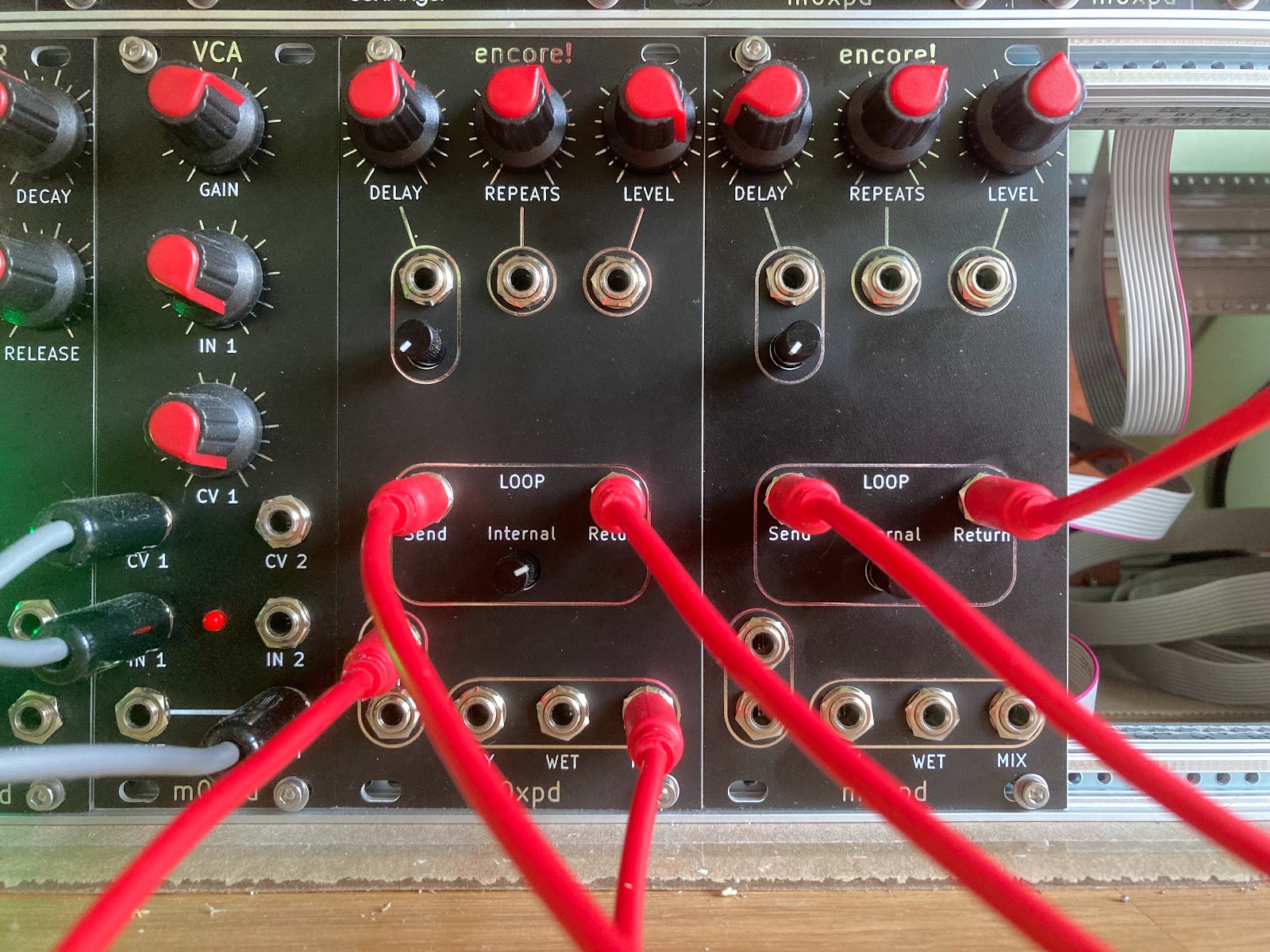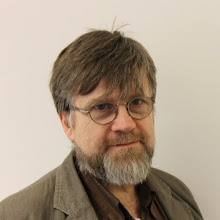Some weeks ago I noticed a flurry of discussion of the PT2399 device on various Facebook groups of which I'm a member. The PT2399 is marketed as an 'Echo Processor', offering the ability to generate a delayed version of an audio signal and - thereby - to form the core of a simple echo effect.
What is most interesting about the device (which is available in a 16-pin DIP) to me and millions of others who dabble in audio all over the world is its price - you can have them for around fifty cents retail if you shop around.
You won't be surprised to hear that - in consequence of the ridiculous price - there are myriad delay and effects units available based on this device. Some are for guitar and many more are now available for voice applications (type 'PT2399' into ebay and you'll be offered complete 'reverb' systems for less than the price of a pint of beer). The recent discussion I mentioned above was on synth groups - where PT2399's are used for delay/echo applications too.
So - I got me some samples of the PT2399 and started playing with them.
I liked what I heard to such an extent that I made a new module, pictured above.
I have called it encore! not in a vulgar outburst of self-congratulation. Rather in a play on the French word, the meanings of which include 'more, again,' etc.. Appropriate, I think, to the repetition central to 'echo'.
My module is rather different to the simple 'reverb' systems you can buy on ebay (I hope).
For a start, I've added additional low-pass filtering to the input (2nd order) and to the output (4th order) of the system to restrict the bandwidth and thereby hide some of the noise inherent to the 1-bit processing used in the PT2399 (which drops in sample rate to achieve the longer delays).
Here's bench work on measurement of the frequency response of the prototype's output filter, which has a pair of Sallen-Key stages in as close to Butterworth configuration as E12 components allow without getting too precious about tweaking.
As it happens, a shortage of any spare op-amps on the PCB meant I ended up neglecting to put buffering between the output of the PT2399 (and it's associated passive network, which does not have a particularly low source impedance) and the input of this filter stage (which similarly doesn't have a particularly high input impedance). So there will be some inevitable interaction, which means we won't get the measured flat(-ish) passband and -24dB/8ve from 8kHz seen on the analyser screen in the photo above. Doesn't matter - it's only for a synthesiser!
Aside from filters, encore! has some much more interesting additions, specific to synthesiser application.
All the main parameters (delay, gain of the recursion loop [controlling the number of repeats of the delayed signal] and level of the echo signal) are voltage controlled. This is achieved by voltage controlled amplifiers (in the case of the repeats and the level) and by a voltage controlled resistor (in the case of the delay). These features rest heavily on the shoulders of the late Ray Wilson of Music From Outer Space, who designed a couple of pt2399 echo devices. I modified Ray's voltage control circuits for use in this module.
Also, I have provided support to allow users to add external elements to the recursion path which feeds the delayed audio back into the input of the system via a 'send / return loop':
This allows (e.g.) a filter to generate frequency selective echos or a second delay unit to create more complex echo structures.
Details of the design (which has been published under a Creative Commons CC BY-SA 4.0 License), including schematics and full PCB details, are available in a github repository.
It's amazing how an inexpensive device, made more inexpensive by high demand, can generate opportunity for such pleasure.
73
m0xpd




